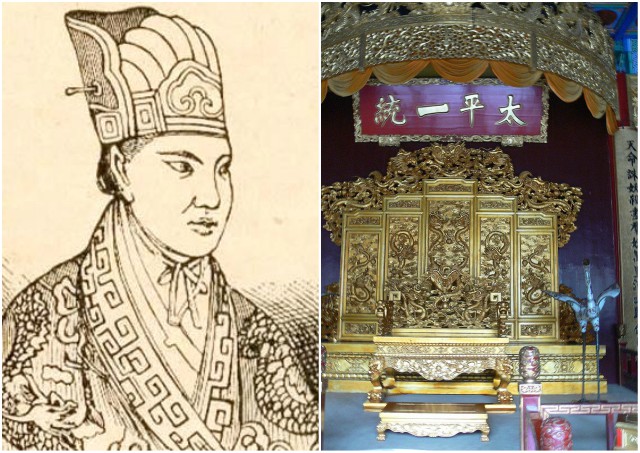There are many peasants rebellions in the history of China. One of them happened in the 19th Century and it was led by a man who claimed that he was the Son of God and the younger brother of Jesus Christ. It was named the Taiping Rebellion, lasting 14 years and causing nearly 20 million deaths.
The leader of the Rebellion and self-proclaimed brother of Jesus Christ was Hong Xiuquan. He was the youngest son of four children in a poor family. He was born on January 1, 1814, in Guangdong Province, China.
Hong Xiuquan was known in his village as a very intelligent boy and that is why his entire village decided to sponsor him in his studies, hoping that he would become a great man and bring wealth and honor to his family and friends.
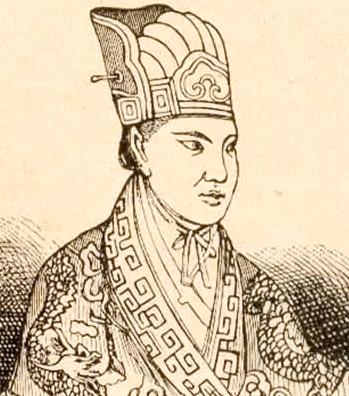
He failed to pass his civil service exam multiple times. After he failed the exam for the third time in 1837, he suffered an emotional collapse.
During a delirium that lasted several days, he had strange visions and he thought he encountered a middle-aged man who aided and instructed him in the extermination of demons.
When he returned to his village he was working as a schoolteacher and in 1843 he again took the examination, but he failed again.
After a while, he had a perfect explanation for the visions he had. He realized that during his illness he had been transported to heaven and that the middle-aged man in his visions was Jesus Christ. He thought that he was God’s second son, sent to save China and that he was the younger brother of Jesus. He baptized himself, prayed to God, and from then on considered himself a Christian.
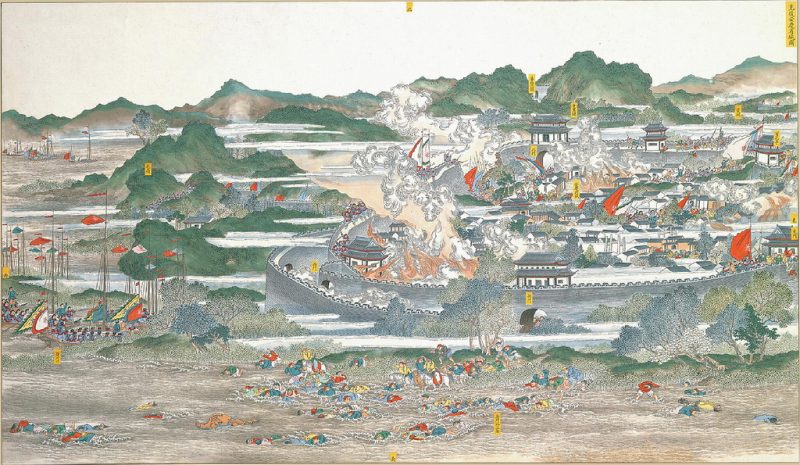
After he lost his job in his village in 1844 he went to Guangzhou to study Christianity with the Rev. I J Roberts, an American missionary. After two months he left and joined Feng and the God Worshippers. They accepted him as the new leader of the group.
Together with Feng, they made the plot of the rebellion against Qing Dynasty. The rebellion, known as the “Taiping Rebellion” began in July 1850.
On January 1, 1851, he proclaimed his new dynasty, the Taiping Tianguo (“Heavenly Kingdom of Great Peace”) and assumed the title of Tianwang, or “Heavenly King.”
At the beginning, they were only a few thousand men but they soon grew to an Army of more than a million people.
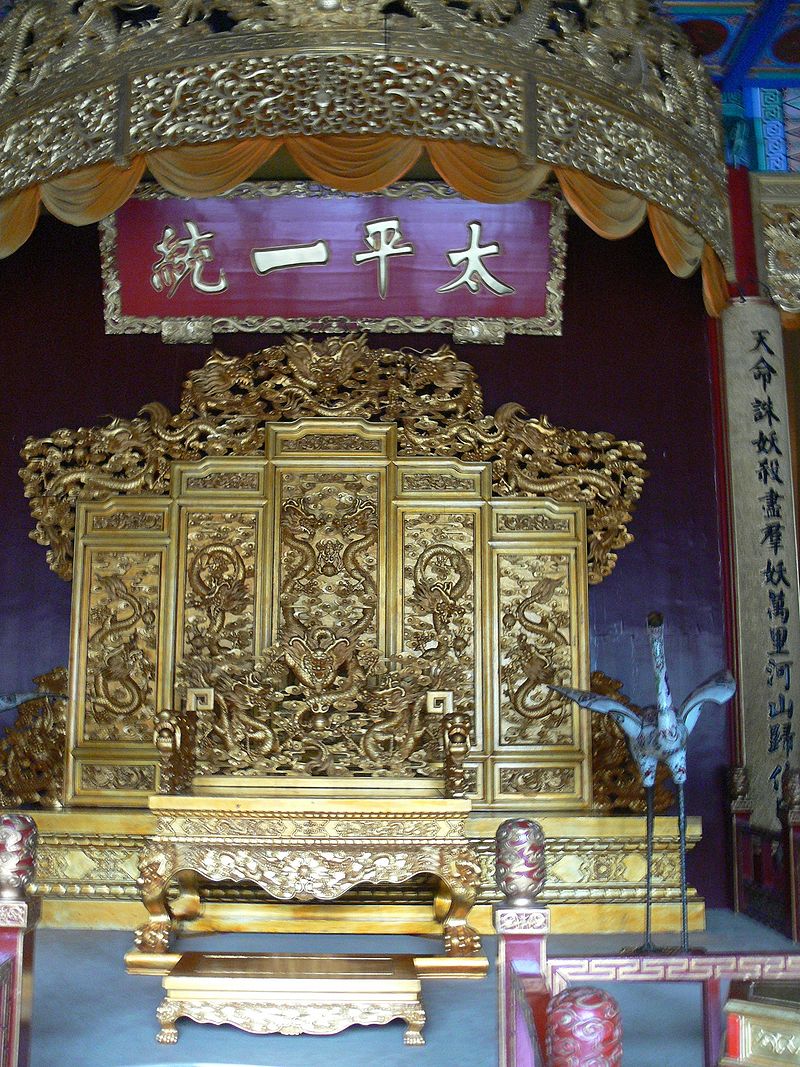
Hong took over most of south and central China. On March 10, 1853, Hong’s Army captured the great central China city of Nanjing and he decided to make Nanjing the capital renaming it Tianjing (“Heavenly Capital”). In one battle for Nanjing, 100,000 people were killed.
His friend Feng had died and Hong had placed much power in the hands of his minister of state, Yang Xiuqing, but he began to usurp Hong’s prerogatives as supreme leader. Hong soon had him murdered.
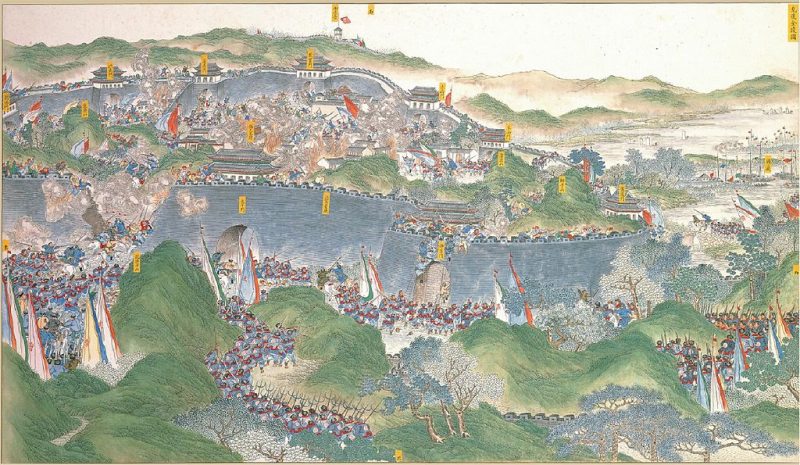
As early as in 1862 his “Heavenly Kingdom of Great Peace” began to fall apart. Hong’s generals warned him that the situation at Nanjing was desperate and that he ought to abandon the city but he didn’t listen. He thought that God was guiding him and his Kingdom.
On June 1, 1864, Hong committed suicide and his young son succeeded him on the throne. On July 19 the city finally fell. Military support from the West helped the Qing dynasty recapture most of the country.
During the Taiping Rebellion, over twenty million people ultimately died from warfare and famine, and much of the country was decimated.
